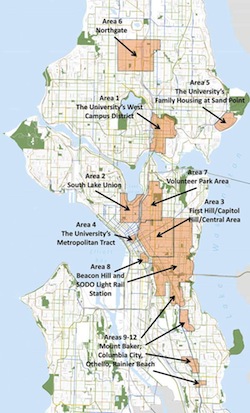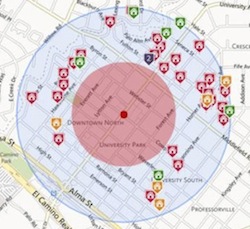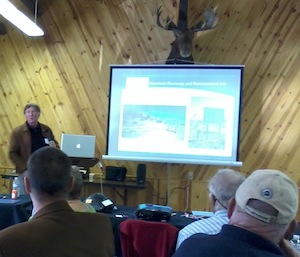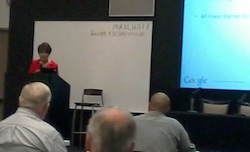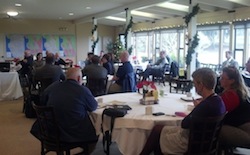Seattle passes the fiber (50 mega) buck
business, business model, capital cost, dark fiber, demand, feasibility study, fiber market study, ftth, fttp, funding, gigabit squared, municipal broadband, palo alto, private capital, public private partnership, seattle
The unveiling of Gigabit Seattle yesterday is just the first step on a long road to building a fiber to the premises (FTTP) service for residents. The City of Seattle and the University of Washington have endorsed a plan by a consulting firm – Gigabit Squared – to “begin raising the capital needed” for a demonstration project.
It’s not small change. The 200 miles of fiber needed to reach 50,000 homes and businesses in 12 neighborhoods will cost something like $50 million to install and light up.… More

